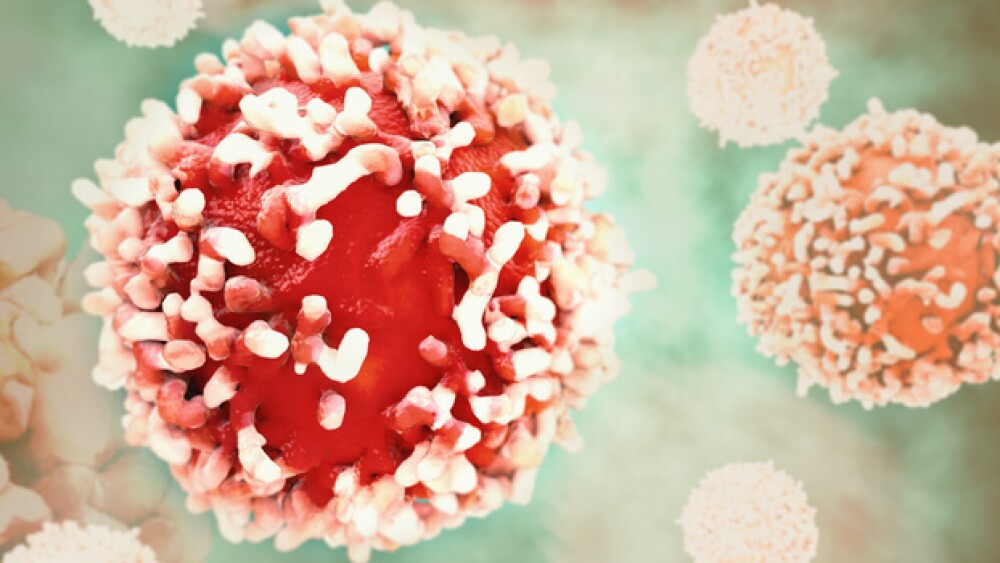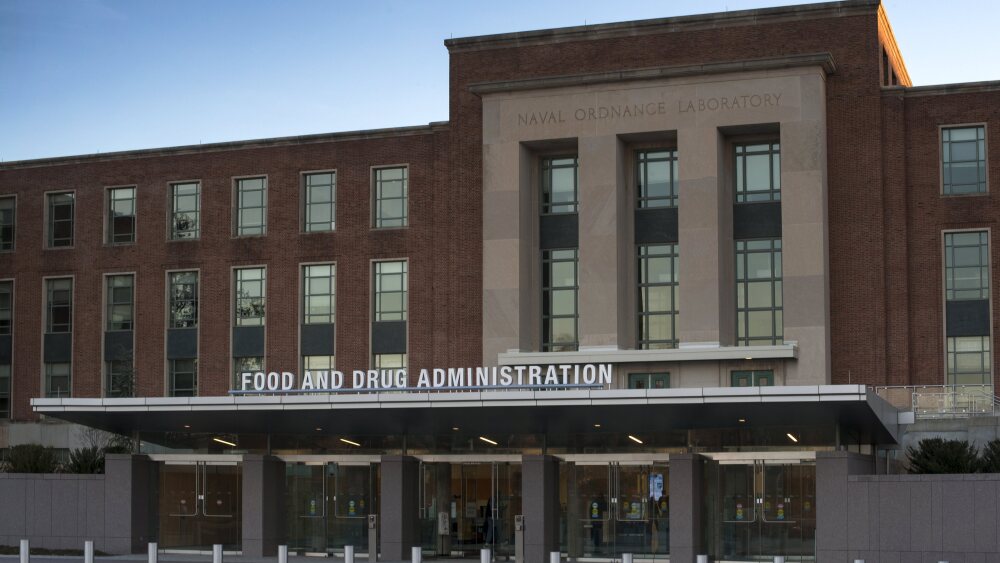According to data from Phase I clinical trials, a new breast cancer drug developed by researchers at the University of Illinois Chicago can potentially stop disease progression without toxicity.
According to data from Phase I clinical trials, a new breast cancer drug developed by researchers at the University of Illinois Chicago can potentially stop disease progression without toxicity. The results were published in the journal Breast Cancer Research and Treatment.
There are several types of breast cancer, with estrogen receptor-positive (ER-positive) accounting for 80% of all cases. This indicates that cancer cells have receptors that are sensitive to estrogen within the body – estrogen, in short, fuels cancer growth.
To treat this variety of breast cancer, doctors typically prescribe medication to block hormone production or interfere with the effect hormones have on cancer cells. However, about half of women who receive this treatment become resistant.
“While there are many treatments for breast cancer, about half of women with ER-positive cancers become resistant to hormone therapy, leaving them with few treatments other than chemotherapy, with its well-known toxic side effects,” said Debra Tonetti, professor of pharmacology at the UIC College of Pharmacy and an author on the paper.
Tonetti, along with co-author Gregory Thatcher, developed a drug called TTC-352, which is a selective human estrogen receptor partial agonist. In testing, it appeared to result in complete tumor regression.
Fifteen women with metastatic breast cancer who were previously treated with hormone therapy took part in the Phase 1 clinical trial. The researchers discovered that there were no toxic side effects linked to the drug, even at high doses.
“The results of the phase 1 trial indicate that TTC-352 is a safe and tolerable alternative to chemotherapy – therefore, without the side effects of chemotherapy – for patients who have already been treated with hormone therapy,” Thatcher said.
On the triple-negative breast cancer (TNBC) front, there has been positive news in regards to a new treatment approach using precise targeted therapy. A study published in Nature Communications on Aug. 21 showed that researchers were able to test the vulnerability of various cell lines – from TNBC to chemical probes – against inhibitors of glucose transporter 1 (GLUT1). They ultimately discovered a link between cells with varying levels of RB1, a protein that suppresses tumors.
“In summary, we have discovered an RB1 protein-dependent metabolic addiction to GLUT1 function in a subset of TNBCs, identifying BAY-876 as an effective agent to block growth in patient-derived models that express RB1 protein,” wrote the authors in their study. “Our findings also suggest the importance of considering the heterogeneity of RB1 protein levels in the development of personalized metabolic chemotherapeutic approaches toward TNBC treatment.”
Cheryl Arrowsmith, PhD, one of the authors of the study, told Genetic Engineering & Biotechnology News that the more we understand about the molecular complexity of cancer cells, the easier it will become to target them with precision. She added that when there are more cancer drugs matched to specific changes in the cancer cell, there is a greater chance of developing a cure.
According to the Centers for Disease Control and Prevention, breast cancer is the second most common cancer among women in the U.S. Approximately one out of eight women, or about 12%, will develop breast cancer over the course of her lifetime. In addition, about 85% of breast cancers occur in women who have no family history of breast cancer. These are typically due to genetic mutations that naturally occur within the body.





